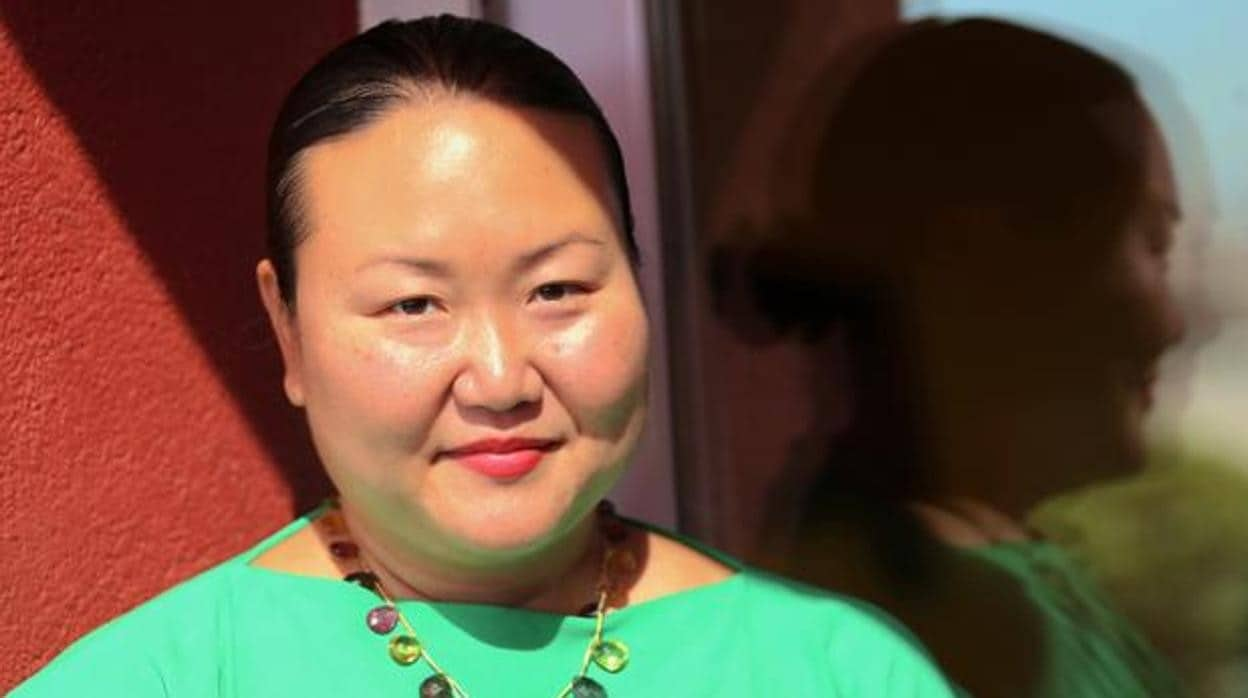


Has your editorial perspective changed over the past two years, with all the constant devastation we’ve been living through? It’s not about observing and reacting-it’s about creation. The magazine has been great because it allows me to take a survey of so many different types of art. One of the things that I really wanted to do when I got to the magazine was use the publication as a platform to reflect how various kinds of art, from architecture to fashion design to visual art, reflected the culture back to itself and also put the culture forward. I got to T in the spring of 2017, so I was thinking about and beginning that new job simultaneously. As editor-in-chief of T Magazine, how does your editorial perspective inform your fiction and vice versa? I did it my way without compromises or concessions. I really went for it all the way, even when it felt uncomfortable. I’m most proud that I wrote a book that felt out of fashion-that it was singular, urgent and frightening to do. Looking back on the novel now, what are you most proud of? Is there anything you would change? You can’t force something like this to happen. It was something that happened organically because people read it and passed it along, and booksellers recommended it to people. What do you make of the commercial success of A Little Life ? Some people do like to get more involved with the reception of their books, but my feeling is the reader can react however he or she wants. Very rarely will someone take the time to send you a mean note. When you aren’t reading comments, you’re not on Twitter or Facebook, you’re not reading reviews and you’re not on Goodreads, you really don’t hear a lot about it. How did it feel to wade through all that feedback? Those tweets reminded me of some of the debate around A Little Life, which felt like a divisive book: it got huge acclaim and was a massive best seller, but it also seemed like readers either loved it or hated it. In researching for our conversation, I saw some very mean tweets about the book from a contemporary author. The human condition remains unaltered, no matter the circumstances or the era. Humans always think that we’re the ones who are writing our names upon history, but what if it’s the opposite? What if history is actually writing its names upon us? The worlds change, and the circumstances change, but the characters and what they want-that they want to be loved and to love someone-remain the same. Many of the characters in To Paradise share the same name. Each of these versions of America, although they’re very different, has slavery at its heart.


 0 kommentar(er)
0 kommentar(er)
